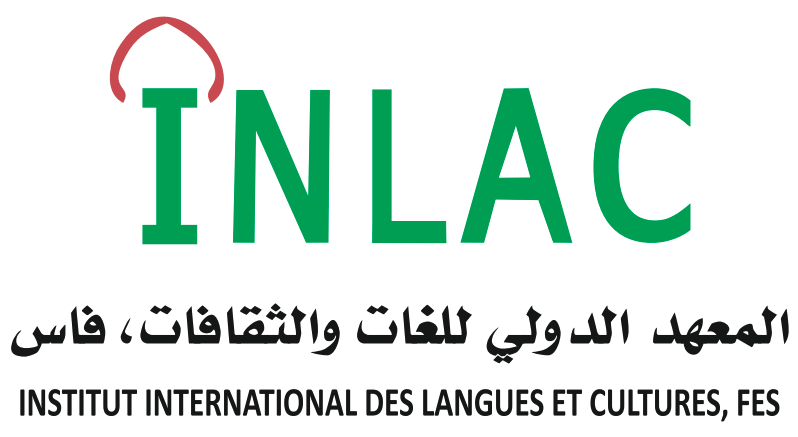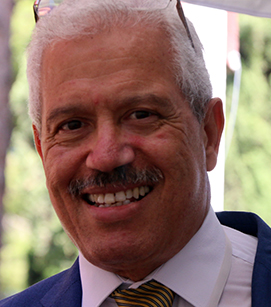
About Us
- Home
- ABOUT INLAC
Heading Sub Title
ABOUT INLAC
The International Institute for Languages and Cultures (INLAC) aims to foster dialogue between cultures and peoples, especially between the Islamic world and the West. The global unrest and the tragic events of September 11, 2001 have highlighted the urgency of promoting communication between civilizations and societies, especially the youth of the Islamic World and the United States. INLAC was founded as a structured forum for such a communication through both academic and cultural channels.
INLAC is a private non-profit institute which is accredited by the Moroccan Ministry of Higher Education. It welcomes students from top International, American and European universities and offers a combination of courses, seminars and homestay in a unique environment. Its facilities include a modern library, seminar and screening rooms, and a computer language lab, as well as offices for program directors, faculty, and staff.


MOHA ENNAJI
is Senior Professor of Linguistics and Cultural Studies. He was head of the English Department at the University of Fez, Morocco, and the director of Arab Studies at Rutgers University. Moha Ennaji has taught various courses to American students from Rutgers University, Purdue University, William and Mary University, Dartmouth College . and others. He has published extensively on language, gender, and cultural studies with a focus on North Africa Moha Ennaji has taught various courses to American students from Rutgers University, Purdue University, William and Mary University, Dartmouth College,

FATIMA SADIQI
is a former Fulbright Scholar and recipient of a Harvard Fellowship. She is Senior Professor of Linguistics and Gender Studies at the University of Fez and Founding Director of the Isis Centre for Women and Development. She is also a UN Gender Expert and an active member of numerous international bodies and projects that deal with language, women, and gender issues. From 2007 to 2009, she served as Director General of the Fez Festival of Sacred Music.Fatima Sadiqi has taught courses to American students from Harvard University, Dartmouth College, Rutgers University, University of Wisconson